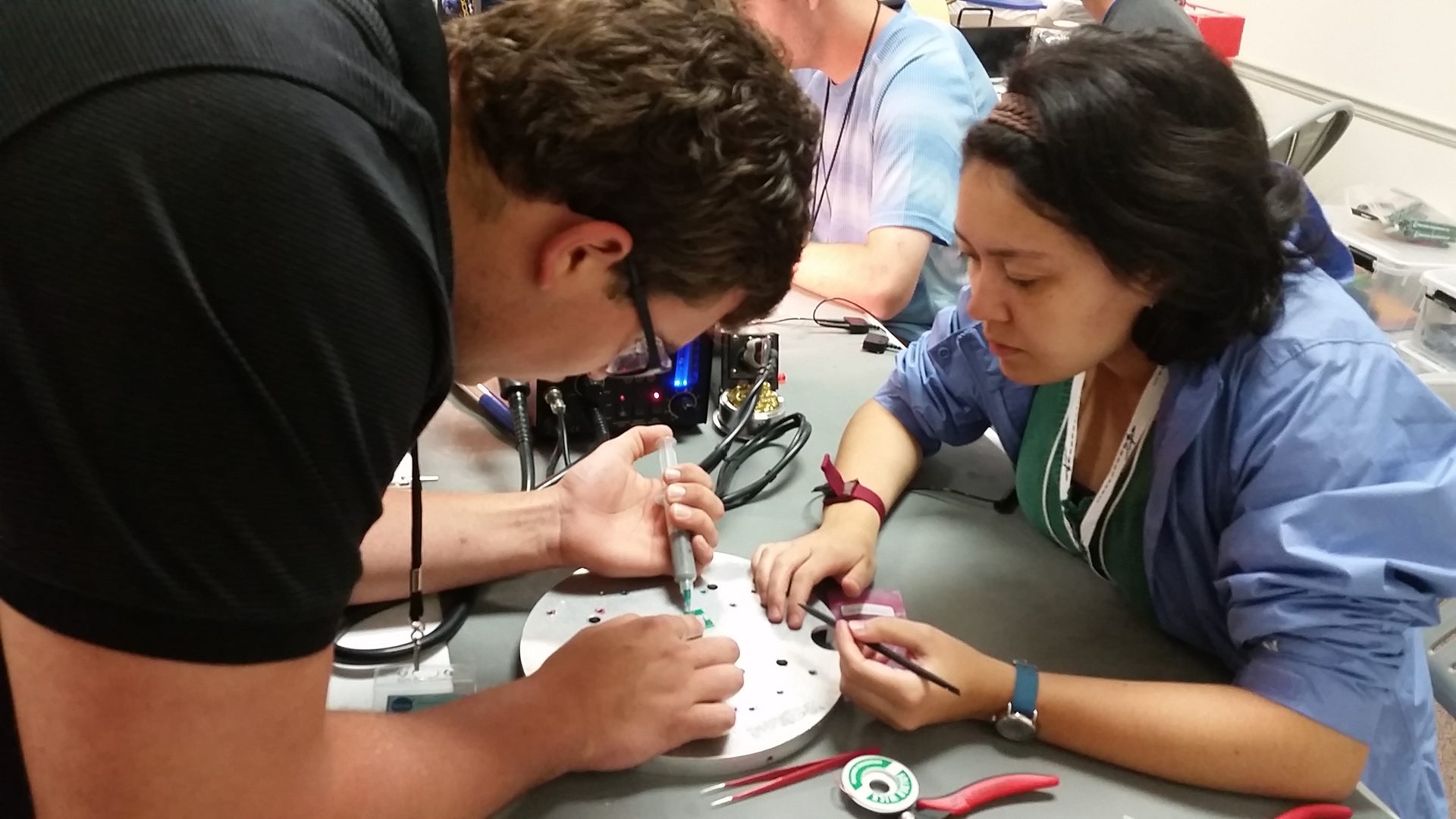“As such, we place emphasis on experiential learning that puts theory into practice as an absolutely critical component. Undergraduate research projects can provide outstanding opportunities for students to further synthesise a coherent conceptual framework that enables solving real-world problems.”

“Real-world projects are rarely well-defined,”
says Dr. Damon Miller, an associate professor in the Electrical and Computer Engineering Department.
As a student of Electrical Engineering at WMU, you’ll be taught to design, develop, test, operate and apply various electrical and electronic system components and concepts to real-world scenarios. This is taught alongside a world-class faculty that are leaders in the field, alongside plenty of guest speakers, technical films, industry trips and social gatherings to establish oneself in the industry.
Practical opportunities are a major component. For their senior design project, Nigerian student Adebola Oke and his two team members are working on constructing a Helmholz Cage. This is part of a mission to launch a nanosatellite into Low-Earth Orbit for comparison of the performance of an electrospray thruster in ground and space operations.
“Being a multifaceted problem makes it a very challenging one, but in my opinion makes it all the more rewarding,” says Oke. “My team members and I have come to appreciate what our professors meant when they described engineering as a game of making precise and accurate ‘approximations’ during this senior design project. It has been extremely thrilling to envision and implement theoretical concepts and slowly mold the cage to specifications.”

Copyright © 2023 Study International, official representative of Western Michigan University - College of Engineering and Applied Sciences

